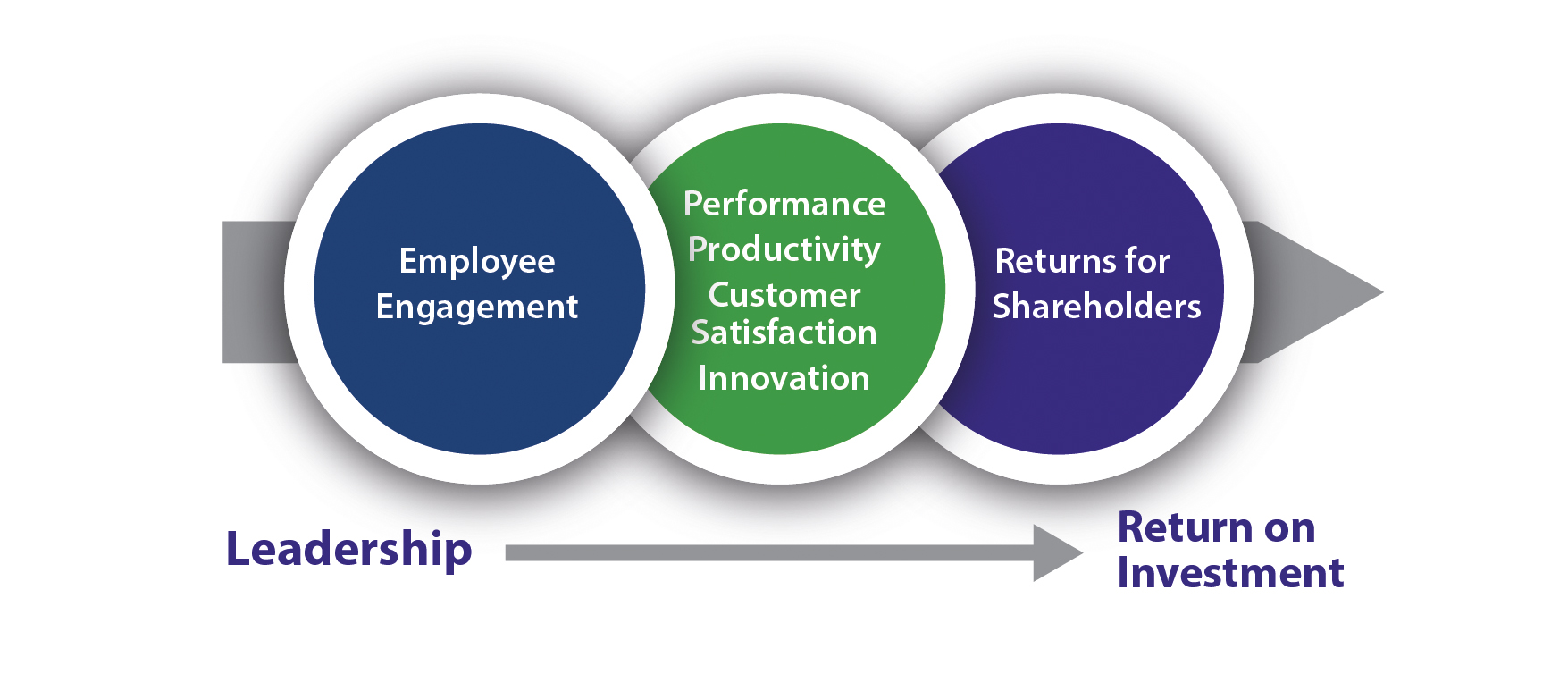Entrepreneurial Leadership: Why is it important?

Earlier this year I received an invitation from the President of the Mentoring Institute at the University of New Mexico. The theme of the 11th annual Mentoring Conference was to be Mentoring, Coaching and Leadership for Innovation and Entrepreneurship. They wanted me to deliver a keynote speech. The title was How to Develop Innovative, Entrepreneurial Leaders Through Mentoring and Empowerment.
The session was well-received and I got lots of positive comments and feedback so I thought I’d share my thoughts in a couple of blog posts. In this post, I’ll start by looking at what we mean by Entrepreneurial Leadership and why we need it.
What is Entrepreneurial Leadership?
In 2004, Chris Roebuck defined entrepreneurial leadership as “organizing a group of people to achieve a common goal using proactive entrepreneurial behavior by optimising risk, innovating to take advantage of opportunities, taking personal responsibility and managing change within a dynamic environment for the benefit of [an] organisation”.
Entrepreneurial leaders may work within a formalised organisation structure. But they use the skills and approaches associated with successful entrepreneurs.
Why do we need Entrepreneurial Leadership?
The answer is relatively simple. To keep up with the swift pace of change in the world, we need forward thinking, creativity and innovative ideas.
In today’s fast-changing world, leaders need to be agile. You need to be able to make decisions quickly, take action and learn from the results. You need to anticipate the future, respond to unforeseen circumstances and adapt to change.
That relies on entrepreneurial leadership.
In other words, entrepreneurial leadership is like white water rafting. To ride the waves of change, you need a strong sense of purpose and motivation. You need a committed and effective team. And you need the agility to respond quickly and change direction when needed.
And for that reason, entrepreneurial leadership is not just for startups. It’s for all organisations.
4 Contexts for Entrepreneurial Leadership
There are four contexts which need different types of entrepreneurial leadership.
- Starting a new venture. Start-ups are what we normally associate with entrepreneurs and entrepreneurial leadership. For a start-up to be successful, leaders need to spot gaps in the market, identify new opportunities and engage teams and investors. They have to operate differently to big organisations because they don’t have the same resources. They have to rely on low-cost experiments, teams and partnering.
- Social ventures. Social ventures are similar to start-ups but their main purpose is meeting unaddressed social or economic needs. Leaders in social ventures need to spend more time on partnerships. They need to develop relationships with the community, the government and NGOs.
- Family enterprise. Leaders in a family business have to focus on the parallel challenges of family and business. They need to evolve the organisation so that it responds to the changing market as well as transferring to the next generation.
- Achieving organisational innovation. Even large organisations need to innovate if they are going to survive and thrive in a changing world. There needs to be a strong alignment between strategy and culture. And that is only achieved through entrepreneurial leadership that enables creativity and change.
No matter what context you’re operating in, entrepreneurial leadership will be central to your growth. Developing leadership skills helps develop talent, roll out new products and services, deliver efficiency and gain market share.

Not developing your leaders might be fine if you want to stay small. If not, it will stunt your growth. There is a clear connection between the quality of leadership and the engagement of employees. And that impacts on results and growth. Better leadership can improve an organisation’s bottom line by hundreds of thousands – or even millions – of dollars.
If your organisation wants to thrive – not just survive – in today’s fast-changing world, entrepreneurial leadership is the key. Whether you’re launching a new venture, driving innovation in a large organisation, or preparing the next generation in a family business, the right leadership skills will unlock creativity, agility, and growth.
I work with organisations to develop leaders who can anticipate change, seize opportunities, and inspire teams to achieve exceptional results. If you’d like to explore how entrepreneurial leadership can transform your people and performance, let’s talk.
Start by downloading a free chapter of my book, Confident Career Conversations – and discover practical strategies to empower leaders at every level. Download here